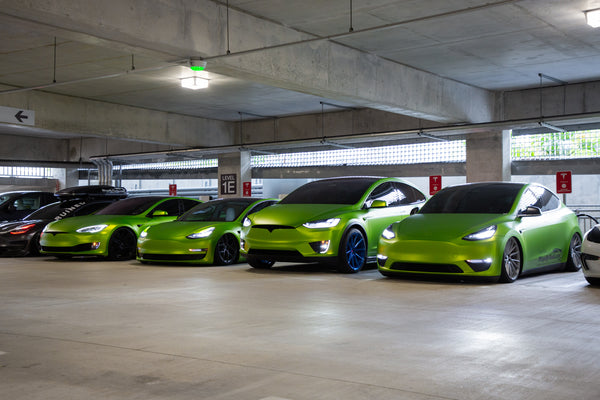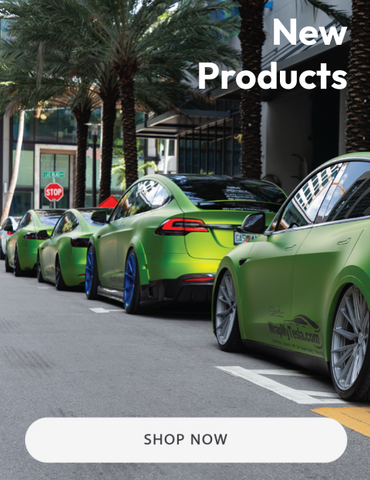Tesla Leads the Charge In Loyalty

In the ever-evolving landscape of electric vehicles (EVs), Tesla stands tall as a beacon of innovation and brand loyalty. A recent survey conducted by Bloomberg Intelligence sheds light on the current state of the EV market, revealing fascinating trends and consumer preferences.
Brand Retention Rates: Tesla Takes the Crown
According to the survey, Tesla maintains an impressive 87% brand retention rate, leaving competitors in the dust. Lexus trails at 68%, while Toyota lags behind at 54%. This data underscores Tesla’s stronghold in the minds of consumers, emphasizing the enduring appeal of its electric vehicles.
A remarkable 81% of prospective US Tesla drivers are new customers, drawn from competing EV brands. These individuals are making the switch to Tesla, enticed by its cutting-edge technology, performance, and commitment to sustainability. As Tesla expands its product lineup, this trend is likely to accelerate further.
Bloomberg Intelligence predicts that US battery electric vehicle (BEV) penetration will reach 25% by 2030. Despite challenges related to charging infrastructure and affordability, EV adoption continues to surge. The allure of zero emissions, lower operating costs, and environmental consciousness drives this growth.
Consumer Preferences: BEVs and Hybrids
Among survey respondents, 42% are considering purchasing a BEV as their next car, while 23% contemplate hybrid EVs. This contrasts with the current 7% penetration of hybrid EVs. Notably, 9% favor BEVs, marking an increase from last year’s 7% BEV penetration.
Existing BEV owners exhibit remarkable loyalty. 93% intend to stick with their current powertrain for their next purchase, highlighting the satisfaction and trust they place in electric vehicles. In contrast, only 34% of gas car owners consider switching to an electric alternative.
The concept of fuel-type stickiness suggests that EV penetration is unlikely to reverse. The benefits of owning an EV—such as reduced emissions, lower maintenance costs, and a quieter driving experience—outweigh any perceived drawbacks. This preference holds true across hybrid, plug-in hybrid, and BEV owner segments.
Challenges Ahead
While Tesla, GM, and Stellantis prepare to unleash a slew of affordable EV models by 2026, the market still faces hurdles. Charging network inadequacy, range anxiety, and extended charging wait times remain top concerns for all car buyers. As the industry matures, addressing these challenges will be crucial for sustained growth.
In conclusion, Tesla’s dominance, coupled with the rising tide of EV adoption, paints an exciting picture for the future of transportation. As more mass-market buyers embrace electric mobility, the road ahead promises innovation, sustainability, and a cleaner planet.
=========
Source: Bloomberg / Bauaelectric




